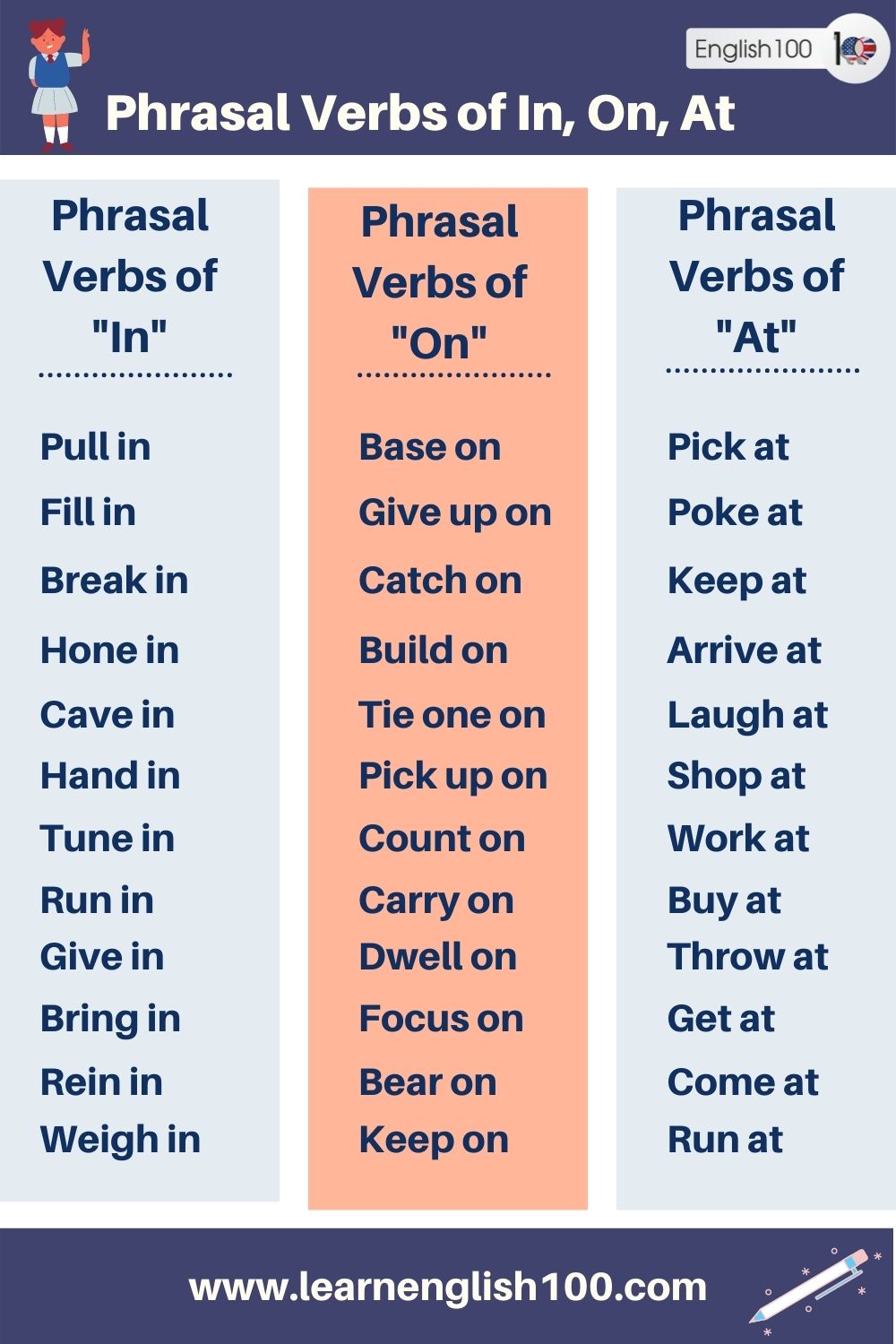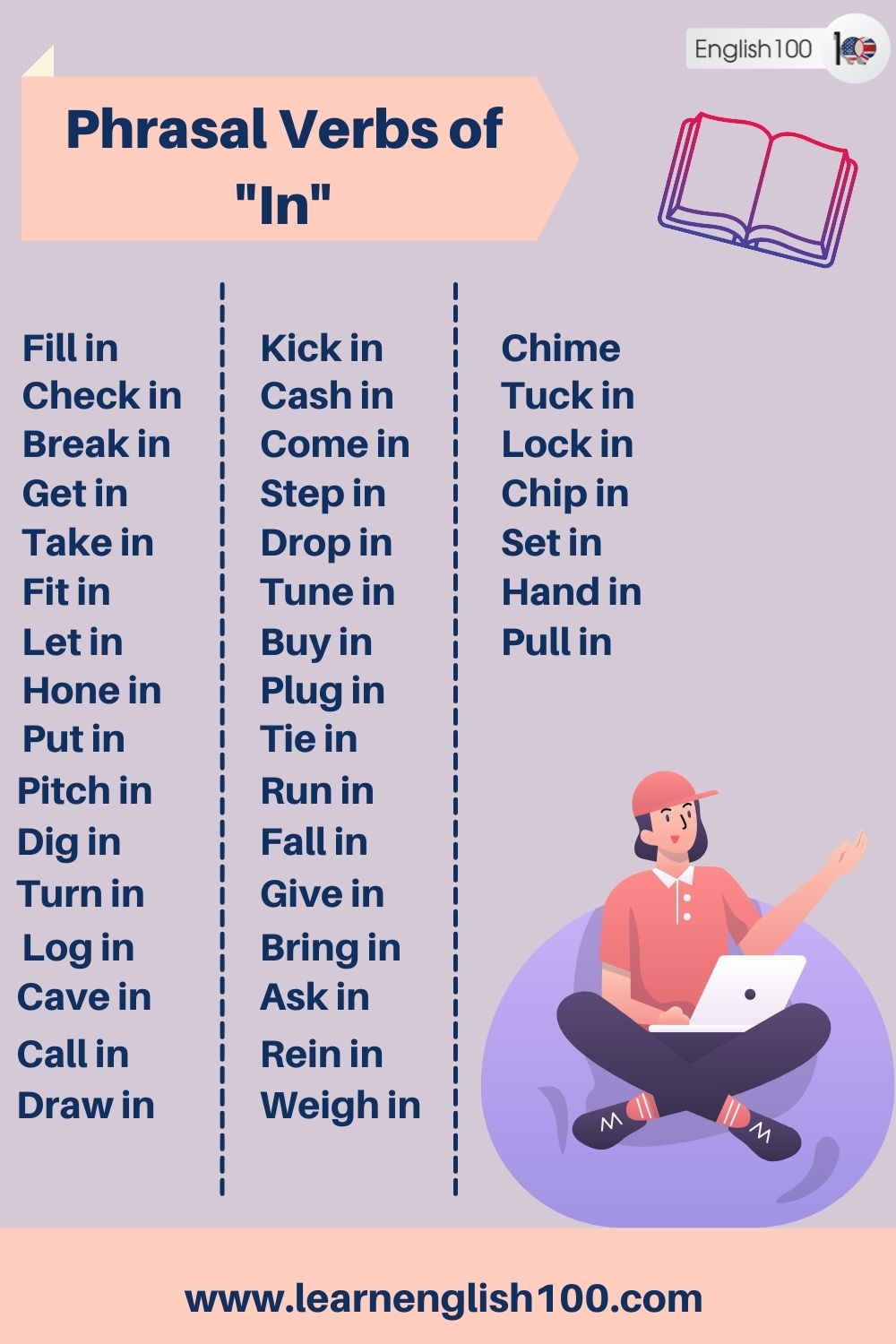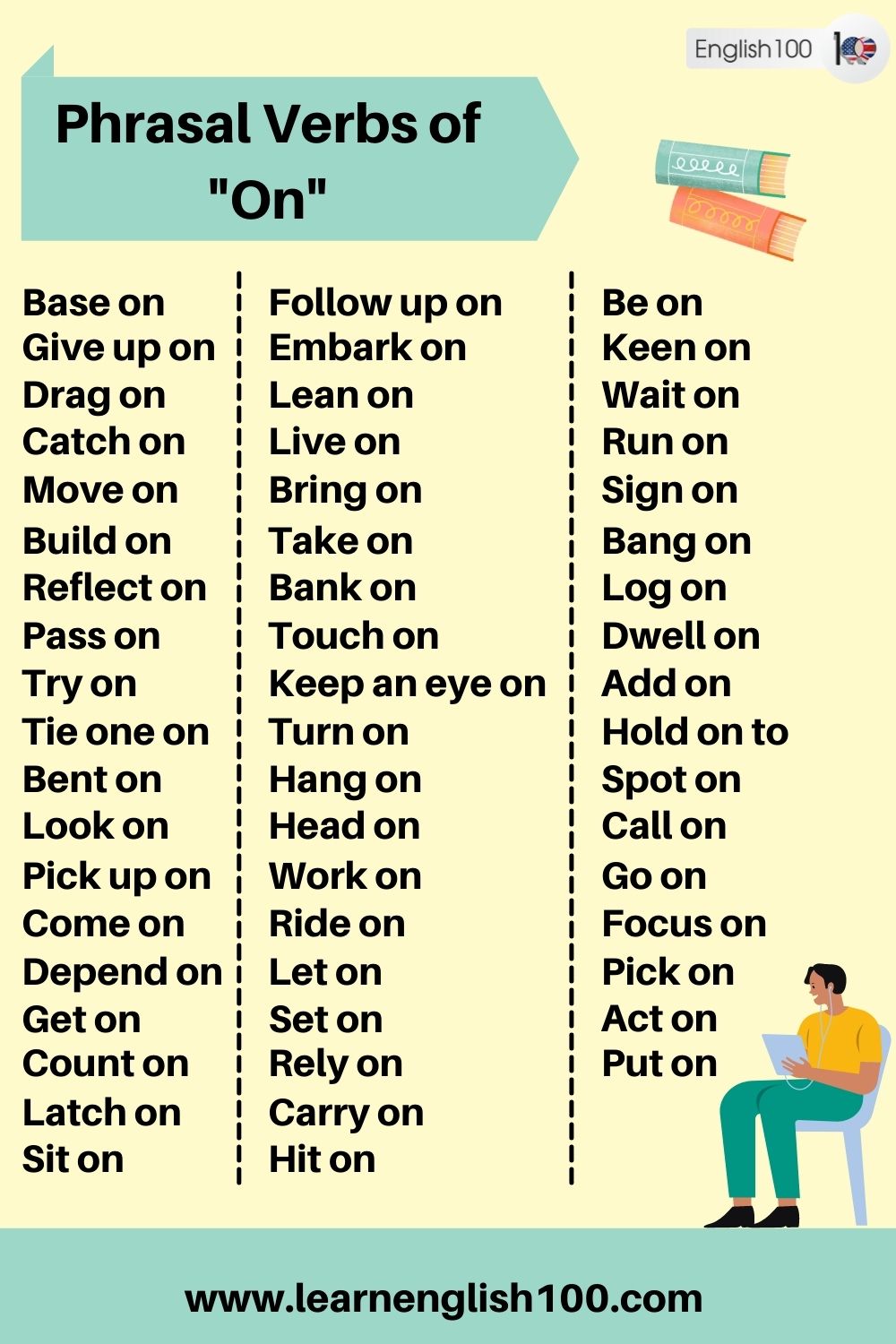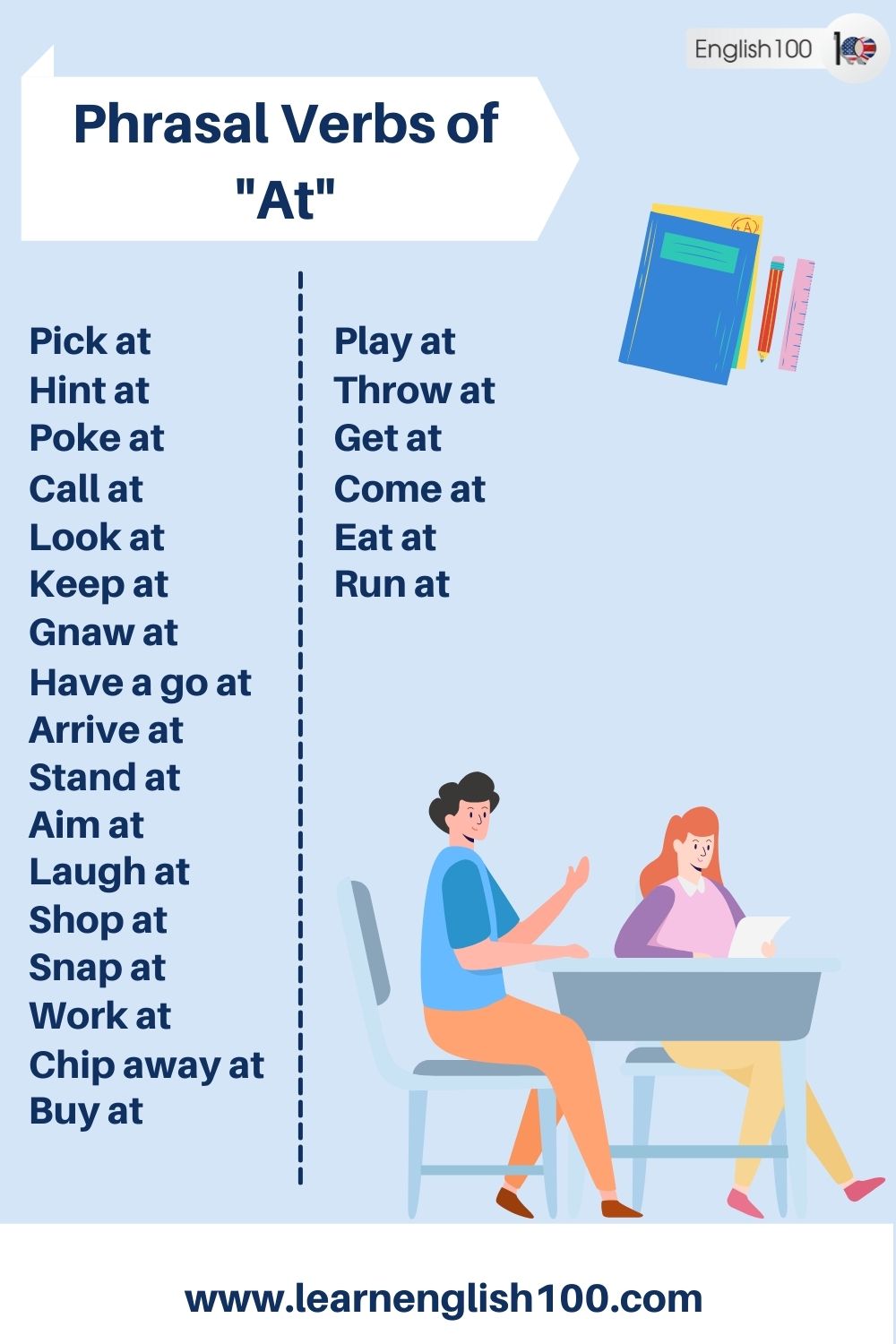



Prepositional Phrases: A Comprehensive Guide
In the realm of English grammar, prepositional phrases are like the unsung heroes, silently but effectively enhancing the quality and clarity of sentences. These word combinations, consisting of prepositions and accompanying objects, play a crucial role in conveying relationships and providing context. In this article, we’ll delve into the world of prepositional phrases, exploring what they are, how they work, and their significance in effective communication.
What is a Prepositional Phrase?
A prepositional phrase is a group of words that begins with a preposition and typically ends with a noun or pronoun known as the object of the preposition. Prepositions are words like “in,” “on,” “under,” “with,” “beside,” and “between.” When combined with their objects and any accompanying modifiers, they form prepositional phrases.
Prepositional phrases add description or answer questions like where or when. Although prepositional phrases add valuable information to sentences, they may keep you from seeing the basic parts of a sentence, like the subject and verb.1
The Structure of a Prepositional Phrase
A prepositional phrase generally follows this structure:
Preposition: The preposition is the starting word of the phrase and sets the stage for the relationship it conveys. Common prepositions include “at,” “by,” “for,” “from,” “of,” “to,” and “with.”
Object of the Preposition: The object of the preposition is a noun or pronoun that receives the action or serves as the focal point of the phrase. It answers questions like “What?” or “Whom?”
Modifiers: Prepositional phrases can be modified by adjectives or adverbs that provide additional information about the object or the action indicated by the preposition. These modifiers enhance the overall meaning of the phrase.
Prepositional phrases of “In”
In particular
In store
In private
In vogue
In good faith
In question
In conclusion
In the shade
In good condition
In pain
In sight (of)
In recognition of
In jeopardy
In focus
In the open
In a deep sleep
In the case of
In league with
In origin
In turmoil
In comparison with
In the meantime
In cash
In time for
In contact with
In vain
In disguise
In respect of
In command of
In connection with
In the interests of
In the habit of
In effect
In doubt
In bulk
All in all
In answer to
In the midst of
In an uproar
In reply to
In sb’s opinion
In the name of
In confinement
In a heap
In opposition to
In pieces
In turn
In arrears
In hand
In one’s absence
In use
In isolation
In preparation for
In custody
In the form of
In season
In operation
In length
In haste
In one’s spare time
In the right
In combination with
In convoy
In person
In fairness to
In charge of
In gear
In silence
In revenge for
In flower
In principle
In succession
In aid of
In flames
In proportion to
In real-time
In addition to
In twos
In place of
In reverse
In common
In error
In abundance
In difficulty
In the aftermath
In a mess
In uniform
In collaboration with
In two minds
In retrospect
In dispute
In its infancy
In town
In love with
In rem
In extremis
In confidence
In action
In the extreme
In words
In progress
In the flesh
In a flash
In character
In decline
In self-defense
In other words
In contrast with
In practice
In a sense
In the forefront of
In danger
In excess of
In harmony (with)
In disgrace
In brief
In exchange for
In store for
In compensation for
In quantity
In ink
In advance
In the night
In name
In terms of
In stock
In touch
In agony
In existence
In mid-air
In horror
In the wrong
In the absence of
In settlement of
In due course
In distress
In keeping with
In safety
In the seclusion of
In a temper
In pursuit of
In awe of
In the space of
In of one’s element
In moderation
In defense of
In the wake of
In terror
In suspense
In debt
In blossom
In the mood for
In the process of
In all likelihood
In line with
In control of
In response to
In a pile
In confusion
In time
In conjunction with
In unison
In sympathy with
In return
In fear of
In sb’s interest
In full
In spite of
In reality
In secret
In general
In residence
In tears
In ruins
In mind
In code
In the course of
In an instant
In essence
In search of
In the light of
In the way of
In the lead
In theory
In memory of
In the event of
In demand
In honor of
In pencil
In a hurry
In prison
In the future
In Parliament
In agreement with
In relation to
In comfort
In reserve
In view of
In tune with
In high spirits
In times of
In trouble
In the long run
In disorder
In accordance with
In the making
In office
In abeyance
In fact
In detail
In sync
In preference to
In duplicate
In poverty
In hiding
In mourning
In anticipation of
In small change
In possession of
In favor of
In short
In support of
In earnest
In the balance
In public
In the face of
In the distance
In the eyes of
In labor
In consequence of
Prepositional phrases of “On”
On bail
On the move
On the off-chance
On suspicion of
On a diet
On business
On file
On a large scale
On strike
On vacation
On the edge of
On watch
On tiptoe
On the brink of
On paper
On balance
On one’s own initiative
On pain of
On the outskirts
On patrol
On the part of
On the hour
On account of
On the top of
On the grounds of
On board
On condition that
On the record
On an island
On oath
On a pension
On no account
On behalf of
On guard
On edge
On the eve of
On the strength of
On one’s terms
On the verge of
On approval
On end
On the agenda
On a small scale
On a spree
On the horizon
On foot
On an expedition
On the road
On a trip
On good terms
On reflection
On the job
On the phone
On loan
On a regular basis
On occasions
On the increase
On impulse
On credit
On time
On the assumption
On sale
On remand
On the tip of
On display
On principle
On fire
On the stroke of
On schedule
On purpose
On parade
On the point of
On hand
On the run
On show
On second thoughts
On a journey
On trial
On average
On leave
On order
On the understanding that
On the way to
On the air
On horseback
On one’s own
On the dot
Prepositional phrases of “At”
At the end
At a guess
At a moment’s notice
At the thought of
At one’s side
At a fraction of
At heart
At one’s best
At a speed of
At fault
At peace
At issue
At the hands of
At work
At one’s request
At face value
At the outset
At one’s discretion
At this juncture
At a loose end
At liberty
At an advantage
At times
At all events
At a distance
At large
At the age of
At the front of
At odds with
At play
At any cost
At present
At all costs
At one time
At home
At sight
At a disadvantage
At risk
At full strength
At noon
At a loss
At a glance
At a discount
At the peak of
At one’s disposal
At the mercy of
At a standstill
At the beginning
At ease
At the top of
At the height of
At a rate of
At the time of
At random
At war with
At the double
At one’s leisure
At once
At breakfast
At the expense of
At night
At high speed
At hand
At most
At the same time
At a low ebb
At the foot of
At any rate
At a price
At sea
At the latest
At war
At length
At least
Phrasal Verbs of “In”
Pull in
Fill in
Check in
Break in
Get in
Take in
Fit in
Let in
Hone in
Put in
Pitch in
Dig in
Turn in
Log in
Cave in
Call in
Draw in
Chip in
Hand in
Kick in
Cash in
Come in
Step in
Drop in
Tune in
Buy in
Plug in
Tie in
Run in
Fall in
Give in
Bring in
Ask in
Rein in
Weigh in
Lock in
Set in
Chime in
Tuck in
Phrasal Verbs of “On”
Base on
Give up on
Drag on
Catch on
Move on
Build on
Reflect on
Pass on
Try on
Tie one on
Bent on
Look on
Pick up on
Come on
Depend on
Get on
Count on
Latch on
Sit on
Follow up on
Embark on
Lean on
Live on
Bring on
Take on
Bank on
Touch on
Keep an eye on
Turn on
Hang on
Head on
Work on
Ride on
Let on
Set on
Rely on
Carry on
Hit on
Be on
Keen on
Wait on
Run on
Sign on
Bang on
Log on
Dwell on
Add on
Hold on to
Spot on
Call on
Go on
Focus on
Get it on
Pick on
Bear on
Act on
Put on
Keep on
Draw on
Hold on
Phrasal Verbs of “At”
Play at
Pick at
Hint at
Poke at
Call at
Look at
Keep at
Gnaw at
Have a go at
Arrive at
Stand at
Aim at
Laugh at
Shop at
Snap at
Work at
Chip away at
Buy at
Throw at
Get at
Come at
Eat at
Run at
All English learners need to be familiar with these prepositions and their function in the sentence. Note that their category never changes for they are always prepositions, but they could occupy the function of numerous parts of speech. In addition to the role as a preposition of time, prepositions of place, those particular prepositions out of all can assume even the role of a verb.
The only role they can’t fill is the role of the pronoun especially if it functions as an agent. However, the specific place indicated by them can be considered an indirect agent. Thus, they can be judged as semi-subject entities.
Despite the common idea that in, on, and at are merely prepositions of time, this notion is completely and utterly wrong. While those prepositions are used to indicate a specific time span, or a day such as Monday, or a month like April or November, they can indicate so much more. Since the English language is so rich in vocabulary and the combination of those vocabularies with prepositions presents new words that have never been used or heard of before.
As you can see these prepositions can come after the verbs, before a noun, and with an adjective. Surely, the rules of English grammar may not apply all the time to all sentences used in the conversation, but sentences are still valid in speech.
FAQ
What is an example of prepositional phrase?
On the table: In this phrase, “on” is the preposition, and “the table” is the object of the preposition. The entire phrase indicates the location of something.
What are the prepositions in English phrases?
In, on, at, under, between, behind, around, with, without ……
To conclude, prepositional phrases may be small linguistic components, but their impact on sentence structure and meaning is significant. By understanding the structure and functions of prepositional phrases, you can elevate your writing and communication skills, adding depth and precision to your expressions. So, the next time you encounter a prepositional phrase, you’ll recognize it as an essential building block of effective communication in the English language.
References:
